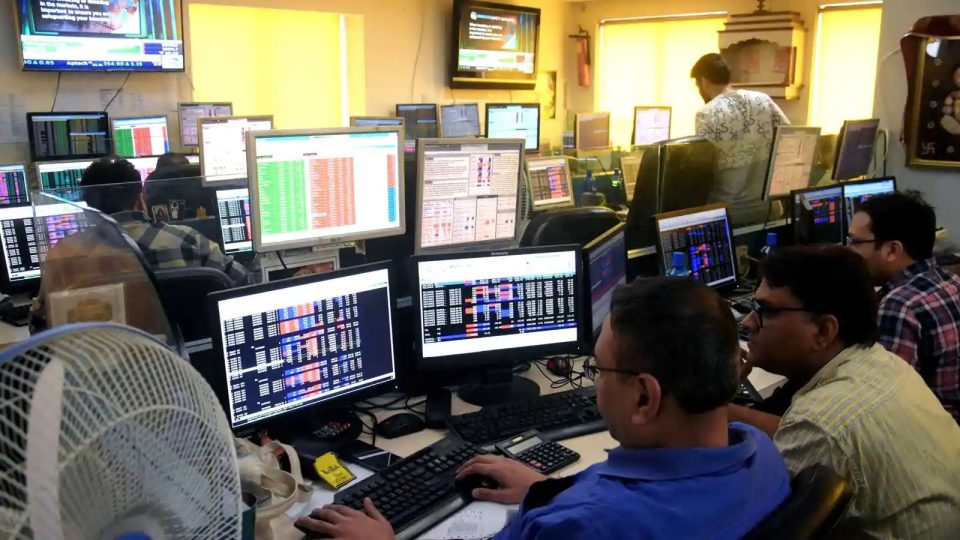Investors will be unable to use the ‘do not exercise’ (DNE) facility while trading stock options from March 30, 2023. NSE Clearing Ltd issued a circular on Monday stating that the DNE facility available for stock options should be discontinued on the March 2023 expiry of F&O contracts. According to several brokers, traders would incur unprecedented losses on the expiry day following the decision. Let’s understand why?
History
Until October 2019, orders in stock futures and options were cash settled, meaning there was no asset delivery, just the transfer of net cash position. Since then, the physical settlement has been mandated for options traders, wherein the delivery of the underlying assets was compulsory.
The DNE facility was introduced in August 2017 when several complaints about the Securities Transaction Tax (STT) issue occurred. STT used to be charged at 0.125% of the entire contract value whenever the options expired rather than being charged at 0.017% of the premium value. This resulted in lakhs of rupees of STT for traders with just thousands in premium value.
Brokers were permitted by the DNE facility to refrain from executing option strikes for clients when the STT value exceeded the premium value of the in-the-money option contract that was expiring.
In August 2019, STT was reduced to 0.125% on the premium value instead of the previous 0.125% on the contract value, leading to less tax being paid on contract expiry. The NSE then scrapped the DNE facility in October 2021. While the decision to withdraw DNE, considering STT was no longer an issue, led to the emergence of a new issue.
Delivery Without Funds?
Initially, stock options were settled in cash when the DNE facility was introduced. However, with its removal, customers now face the risk of insufficient funds or stocks in their accounts to fulfil delivery obligations. Although the removal was justified due to the absence of STT concerns, the potential risk of physical delivery may not have been fully considered.
When holding stock futures or in-the-money stock options at the close of expiry, customers are assigned to give or take delivery of the entire contract value of stocks. As the risk increases if clients don’t have enough cash or stock, margins required to hold a position also increase as expiry approaches.
For futures, the minimum margin required is 40% of the contract value on the last day of expiry, while for in-the-money long options, a delivery margin is assigned four days before expiry, increasing from 10% to 50% of the contract value.
Suppose out-of-the-money options become in-the-money on the day of expiration. In that case, they can pose a significant risk to the trader and brokerage firm because no extra margins are reserved for them during the expiration week. Customers with low premiums and no margin may be required to take or give large delivery positions, exacerbating the risk.
So, What is Do Not Exercise?
The “Do Not Exercise” (DNE) option allows traders to instruct brokers not to exercise their right to give or receive deliveries. After the market closes, brokers typically check clients’ free balances. With DNE, if the balance is insufficient to take physical delivery, the position is marked as “Do Not Exercise,” and the option contract expires worthless.
While most traders don’t intend to take or give physical delivery, options can pose a challenge in The Money (ITM). DNE mitigates the risks associated with physical settlement and enables brokers to prevent Close To Money (CTM) option strikes from being exercised on behalf of clients.
How will the Withdrawal Affect Traders?
Suppose an investor holds an open position in an individual stock option contract. In that case, they must give or take delivery of stocks upon exercise of the option, which only happens if the contract is “In The Money” at expiry. Brokers were concerned that options traders who cannot close their positions on the expiry day for individual stock option contracts face a significant risk of settling their trade with shares.
If the DNE facility is unavailable, options traders whose contract is slightly in-the-money, even by 5-10 paise, will be compelled to physically deliver the shares and suffer considerable losses. The DNE facility assists these traders in minimising their losses when they cannot close their positions before the expiry day.
NSE reintroduced the DNE facility in April 2022 because brokers had reported trading mishaps during the expiry of equity derivatives contracts, with traders unable to fulfil their settlement obligations related to physical delivery.




